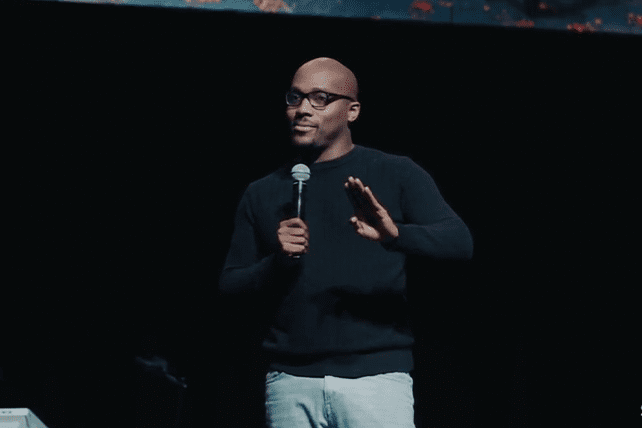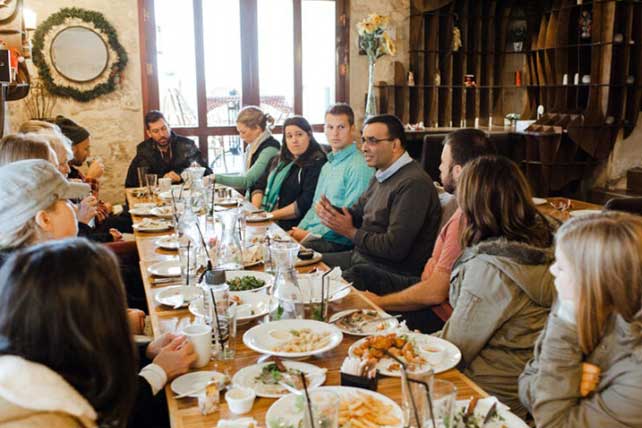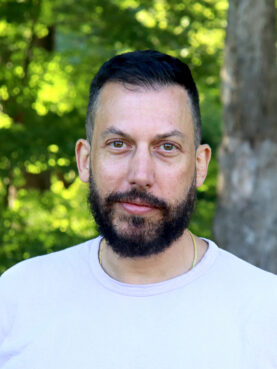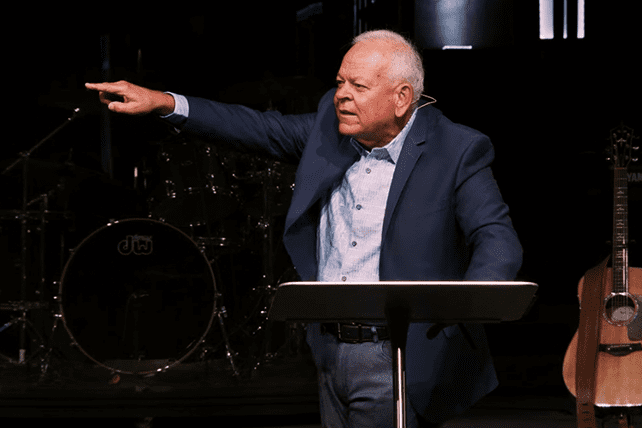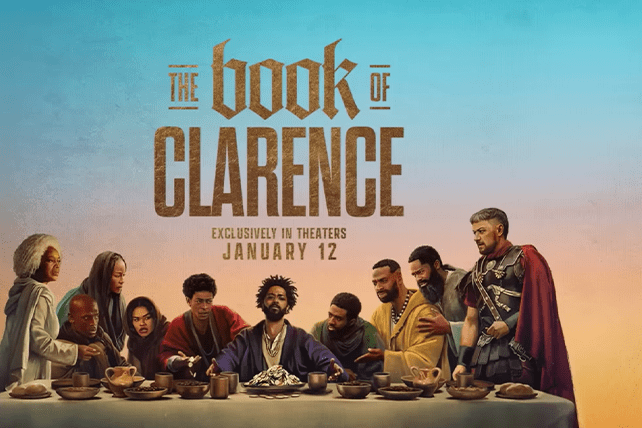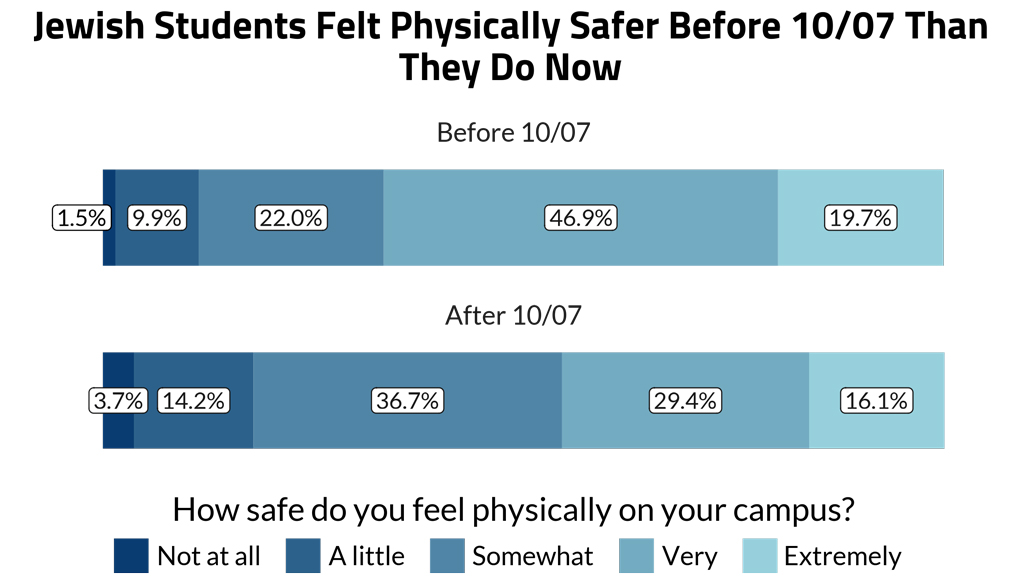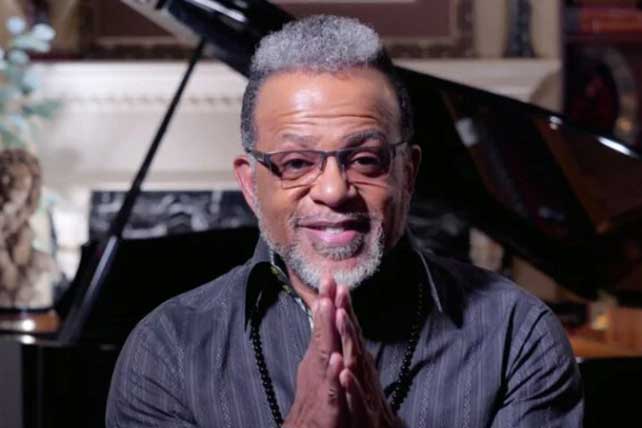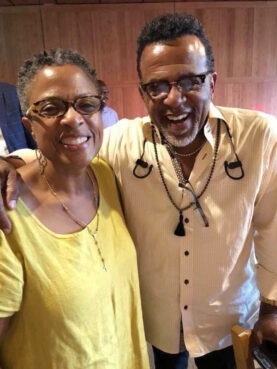We all have treasured items we keep for special events. It may be a shirt, a dress, a pen, dishes, or a piece of jewelry. We pull them out to be used for something unique, but otherwise, we leave them tucked away and protected from daily use. These items are set apart. In the same way, the person who is called to Gospel ministry is “set apart” for God’s special purposes. We call these men pastors or Elders, in many, if not all cases, these titles are interchangeable. This does not mean these individuals are more special or more loved than any of God’s other children. However, God has “set them apart” for His special use.
As early as the tabernacle period, it seems God set certain people aside, namely the Levites and other individuals throughout history, for His special purposes. However, God loved all people equally, such as the eleven other tribes. Think about the set apart tribe of the Levites for a moment. They were to live, eat, dress, make money, and serve others in a specific way that was different than the other tribes. They didn’t have all the same privileges as the others, such as inheriting their own land, but they did have the special privilege of mediating between God and man.
When Is an Elder Disqualified from Ministry?
While pastors and Elders of today are not the same type of Levites, they do seem to have a special set of explanatory Bible verses on how they are to be “set apart” for serving God’s people. We desire for every man at Grace Chapel to be Elder-qualified if he may never be Elder-called.
SET APART FOR A PURPOSE
In 1 Timothy 3 and Titus 1, we are given a list of qualifications and standards for an Elder in the Church. They are as follows:
-
- A pastor is to be above reproach. (Titus 1:6; 1 Timothy 3:2)
- A pastor must be devoted to his wife – a one-woman man who demonstrates exclusivity in action, intent, and thought. (Titus 1:6; 1 Timothy 3:2)
- A pastor’s children must be in submission, though not perfect. (Titus 1:6; 1 Timothy 3:4–5)
- A pastor is to be a faithful steward. (Titus 1:7)
- A pastor must be humble—not arrogant. (Titus 1:7)
- A pastor must be gentle—not quick-tempered. (Titus 1:7; 1 Timothy 3:3)
- A pastor must be sober—not a drunkard. (Titus 1:7; 1 Timothy 3:3)
- A pastor must be peaceful—not violent. (Titus 1:7; 1 Timothy 3:3)
- A pastor must have financial integrity—not greedy for gain. (Titus 1:7; 1 Timothy 3:3; 1 Peter 5:3)
- A pastor must be hospitable. (Titus 1:8; 1 Timothy 3:2)
- A pastor must be a lover of good. (Titus 1:8)
- A pastor must be self-controlled. (Titus 1:8; 1 Timothy 3:2)
- A pastor must be upright. (Titus 1:8)
- A pastor must be holy. (Titus 1:8)
- A pastor must be able to teach. (Titus 1:9; 1 Timothy 3:2)
- A pastor must be spiritually mature. (1 Timothy 3:6)
- A pastor must be respectable. (1 Timothy 3:7)
- A pastor must be an example to the flock—many relationships and any other way. (1 Peter 5:3)
- A pastor must be respectable. (1 Timothy 3:7)
- The qualifications of an Elder are clear and have not changed since Paul, inspired by the Holy Spirit, penned them nearly 2,000 years ago.
But let’s be honest – can any man actually meet these standards all the time?
Every year when we install new Elders on our Elder Council, we ask hand-selected men if they have read and met the biblical qualifications of an Elder. Nearly every candidate hems-and-haws because they realize they do not meet them perfectly. We even have men who say, “I can’t be an Elder because I have failed those standards countless times in my life.”
It is the man who admits his own failure humbly that I take the most interest in becoming an Elder. The men who say, too confidently, that they have met and upheld all these qualifications in perfect perpetuity is lying or self-deceived. 1 John 1:8 and 10 says, “If we say we have no sin, we deceive ourselves, and the truth is not in us… If we say we have not sinned, we make [God] a liar, and His Word is not in us.”
One of my mentors and biblical counselor Randy Patten said it well, “If every pastor and Elder had to meet those qualifications in ongoing perfection, there is not a man who could stand in a pulpit and preach this weekend.”
All Elders are first and foremost sinners saved by our gracious Savior. Jesus makes it clear that even looking at a woman with lust is considered adultery (Matthew 5:27). Certainly, most, if not all, pastors could say they have done that. Jesus also said that if we have anger toward someone, it is equal to committing murder (Matthew 5:21); yet, most pastoring men have experienced unrighteous anger at some point.
Sin is pervasive in us all. A pastor friend told me on the phone yesterday, “If every instance of my falling under the qualifications of Eldership were measured [by Jesus’ standard], I would be disqualified every day.” He was right; we all fall short of the qualifications.
ANY CHRISTIAN, PASTOR, OR ELDER WHO SAYS HE MEETS THESE QUALIFICATIONS PERFECTLY IS LYING.
Pastors and Elders are not supposed to be perfect; rather, they need to show humble, repentant hearts that propel them to abhor wickedness and pursue righteousness. As Bryan Hodge says, “We’re not looking for one who has never sinned, nor are we looking for one who will never sin again. However, he should be one whose pattern of life is to shun sinful things and strive to live righteously. This is one who walks in the light maintaining fellowship with God.” (Bryan Hodge, “Qualifications of Elders”)
If we read the qualifications of an Elder as “one strike and you are out,” then we are grossly underselling the Gospel of Jesus Christ — and we wouldn’t truly understand grace in light of godly living. The qualifications are meant to be taken in light of the Gospel, not to replace the Gospel. Jesus is looking for men who are quick to repent and have their overall character across the course of their lives be above reproach and set apart for His purposes.
As author and pastor Daniel Henderson pointed out to me, Paul’s language here is talking about ongoing character, not momentary instances. The original Greek, in both Timothy and Titus, is using the present tense, active voice, meaning that it is ongoing over time, as opposed to the imperfect tense, passive voice, as happening once and for all. The qualifications of a man’s life are to be looked at as a whole—as over the course of five, ten, or fifteen years. Yes, Elders men will have their mistakes—I certainly do! But, if their sins are momentary lapses, something that has a confined number of moments or days, that is far different than ongoing character issues. “The biblical qualifications for an elder don’t require an elder to be sinless (1 Tim. 3:1-7; Tit. 1:5-10). Otherwise, we wouldn’t have elders! Rather, an elder must be marked by the qualifications listed in 1 Timothy and Titus. They must characterize his life as a whole. But elders do sin, and sometimes an elder can be tempted towards certain sins because of the position he holds.” (Steve Boyer, Capitol Hill Baptist Church Elder and 9 Marks author)
BIG LETTERS—“HOWEVER…”
If there is perpetual ongoing unrepentance in an Elder, then the qualifications are compromised and the Elder is indefinitely disqualified. For example, I have spoken publicly about a pastor I served under at a church in the Chicago-area who I believe was disqualified from ministry. Why? Because he did not repent for decades, and his actions were perpetually falling under reproach with so many people, leaving a wake of spiritual death behind him, for years. This showed a character issue, not an instance of immoral relapse.
I love what a fellow blogger at DrivenNails.com shared the characteristics of an elder in how they live their lives:
“This doesn’t mean elders never sin, never blow it, never get carnal, but refers to the pattern of a man’s life. What is a man’s life characterized by? We all have our bad moments and we don’t want others to characterize us by our worse day of the year. When the elder qualified man blows it, he repents and confesses his sin quickly, and strives to do better immediately after those bad moments, which are exceptions in his life.” – DrivenNails.com, “What God Requires of Elders”
Perpetual sin is never to be excused, but if it is repented of biblically and there is a proper restoration with the Lord and others (this should include changes put in place to safeguard it from happening again), then he may still be qualified for Gospel ministry. The discernment over a man’s qualification for ministry is ultimately left up to the local church to decide (Matthew 16:18, 18:15–20; John 21:23). After an instance of failure, his restoration may need to come in stages. It may also include the pain of natural consequences. It may come with humbly answering probing questions from others to ensure there is genuine repentance.
For us to assume that a man is done and disqualified for ministry because of an instance, rather than because of a character issue, sells short the Gospel of Jesus Christ. The Gospel is about restoration. God’s entire redemption plan is based on us humbling ourselves and seeking His face for salvation. He is quick to forgive us when repentance is present.
If God is willing to forgive and restore broken men to Himself, who are we to think that we are bigger than God and entitled to harbor unforgiveness or legalistic standards over a person deeming them as “done” or “disqualified.” Only God can have that final word and His final word happened at the Cross of Jesus Christ.
The man who is “set apart” may fail us from time to time. However, that man can also be gently restored (Galatians 6:1) if repentance is present, and he can be useful again for the Gospel ministry. His only hope of doing so is by the grace of Jesus Christ, which is accepted by his repentant attitude to take the mercy of Jesus and “Go and sin no more…” (John 8:11)
This article about when is an elder disqualified from Ministry originally appeared here.


